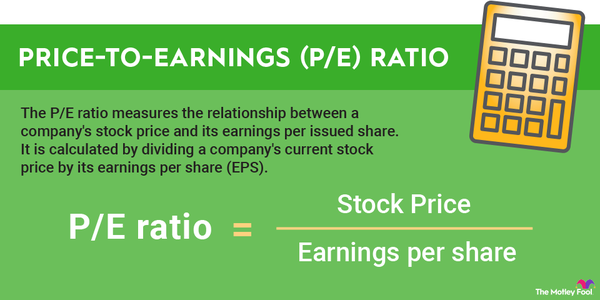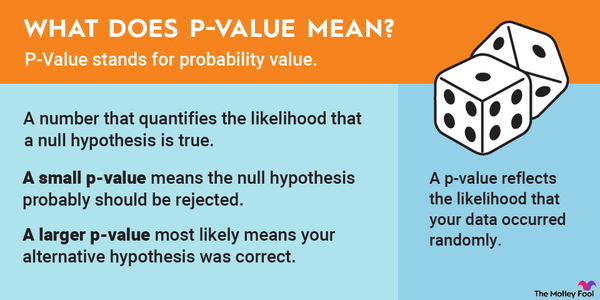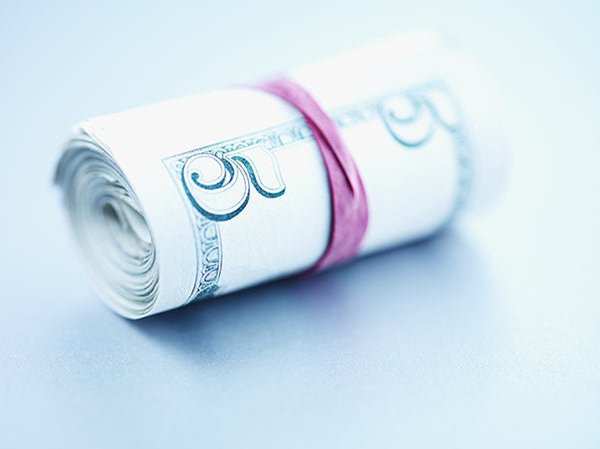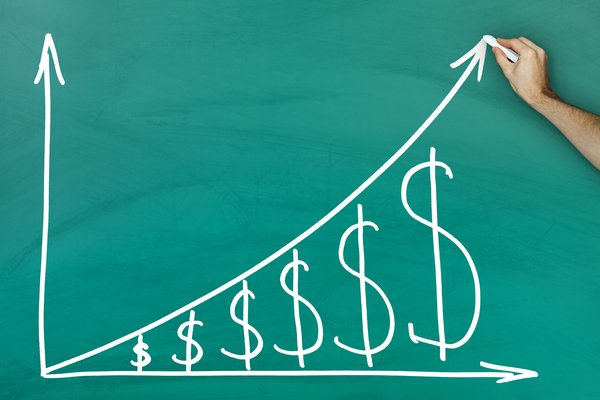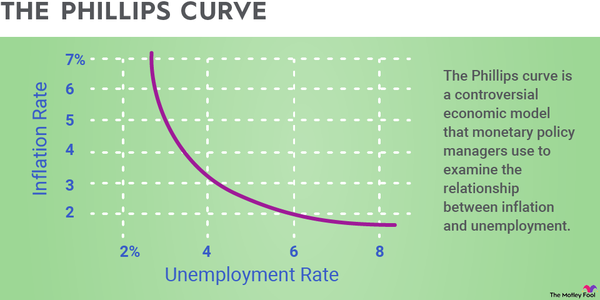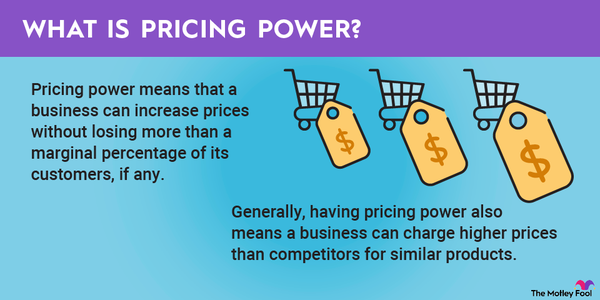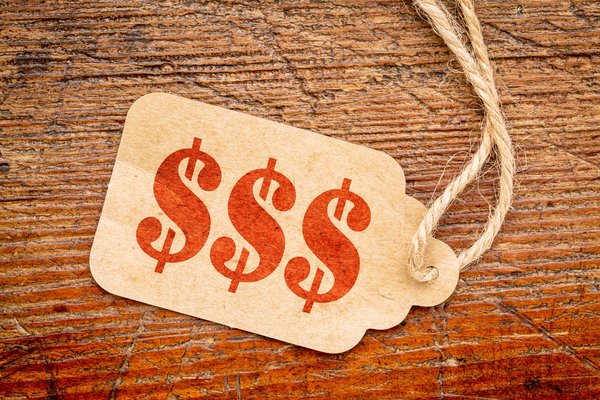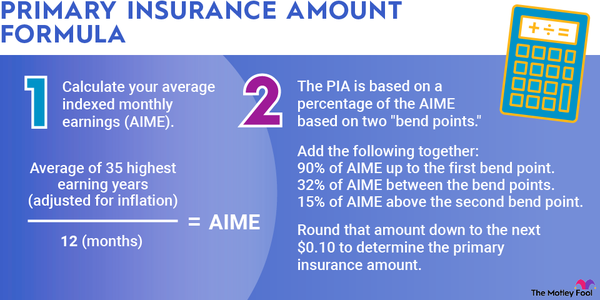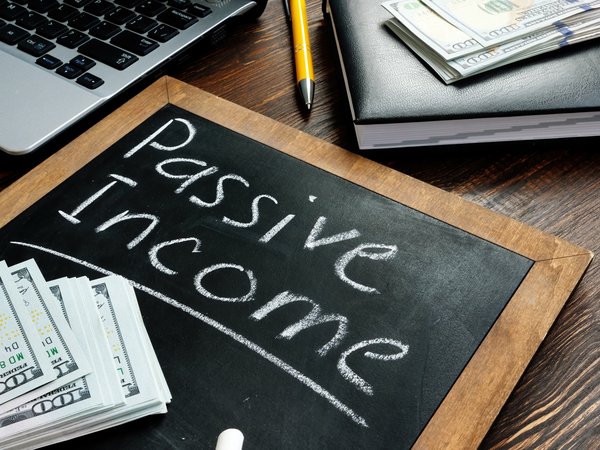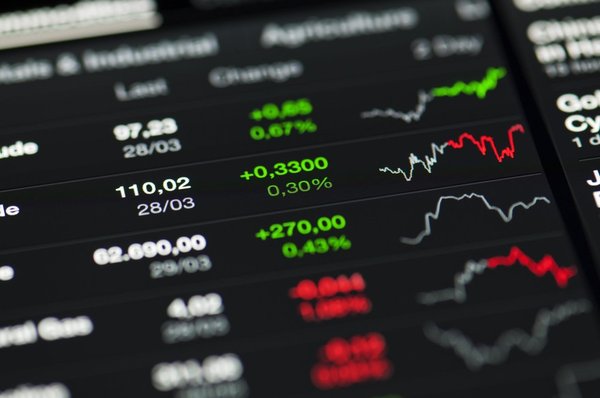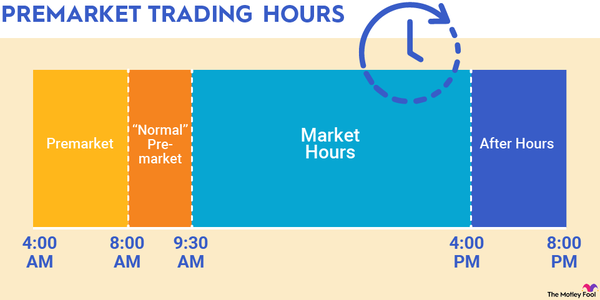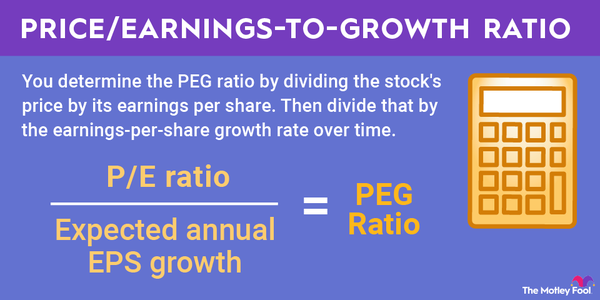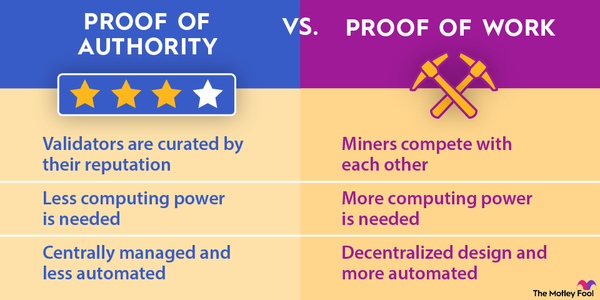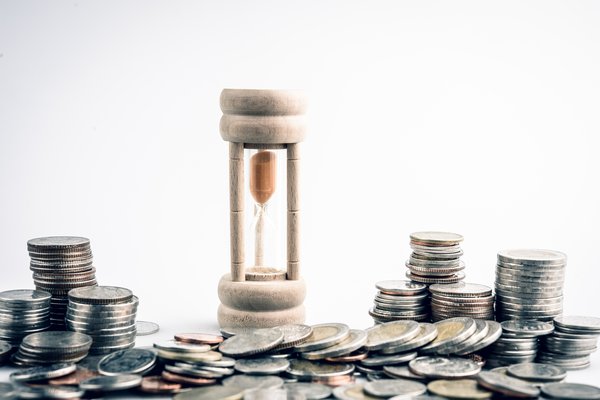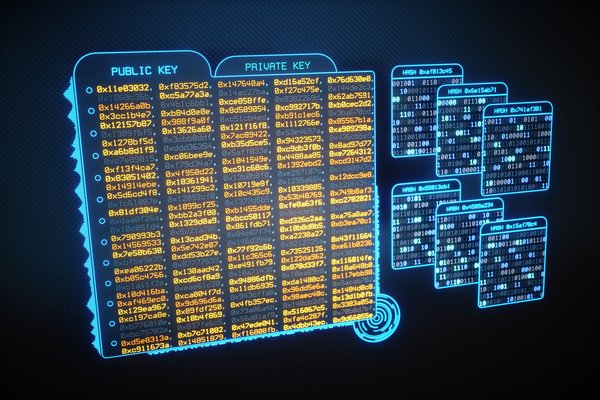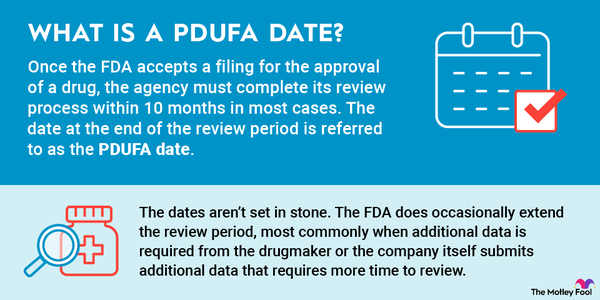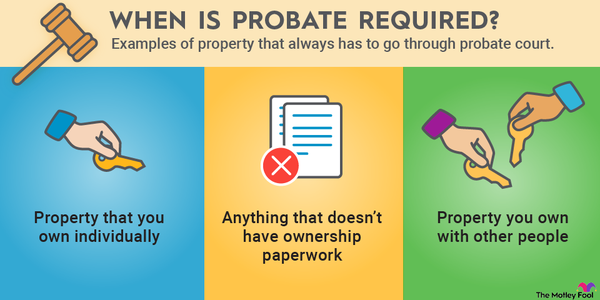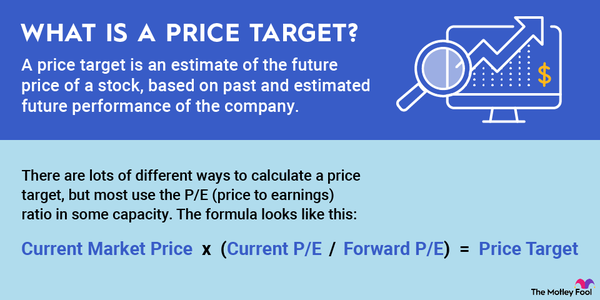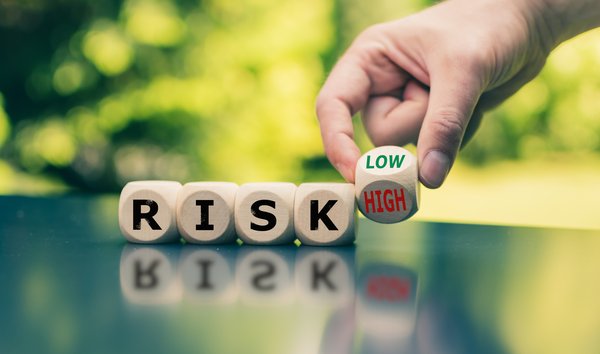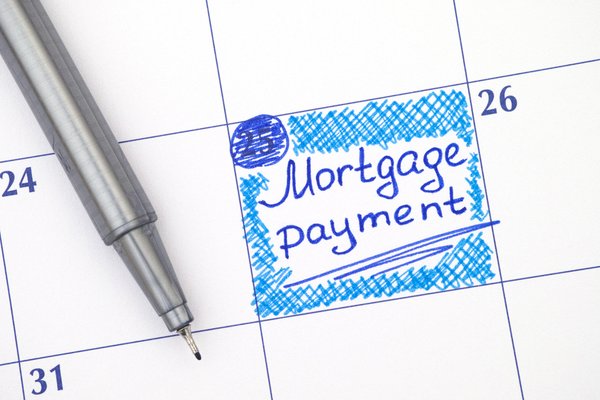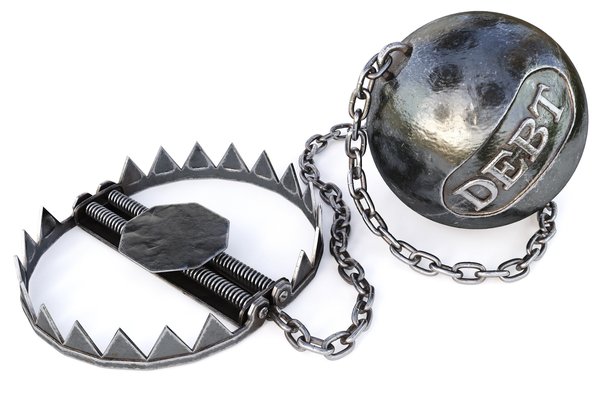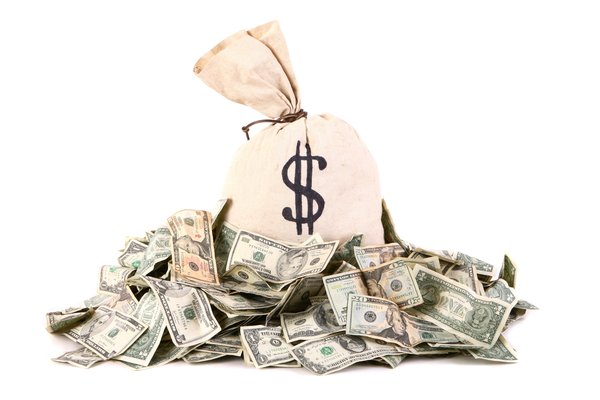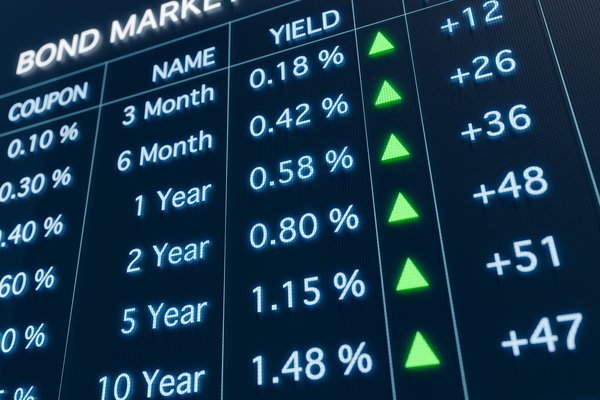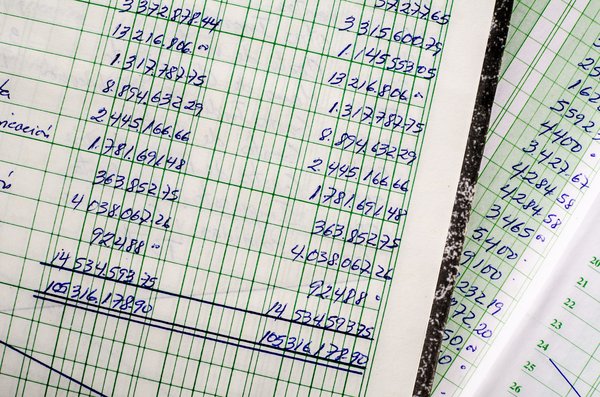A pension is a type of retirement plan that promises workers a specific monthly benefit when they retire. Although you may still get a pension if you’re in the military or you work for the government, pensions are increasingly rare. Most private-sector companies have shifted to defined-contribution plans, like 401(k)s. Keep reading to learn how pensions work and why so few companies offer them today.
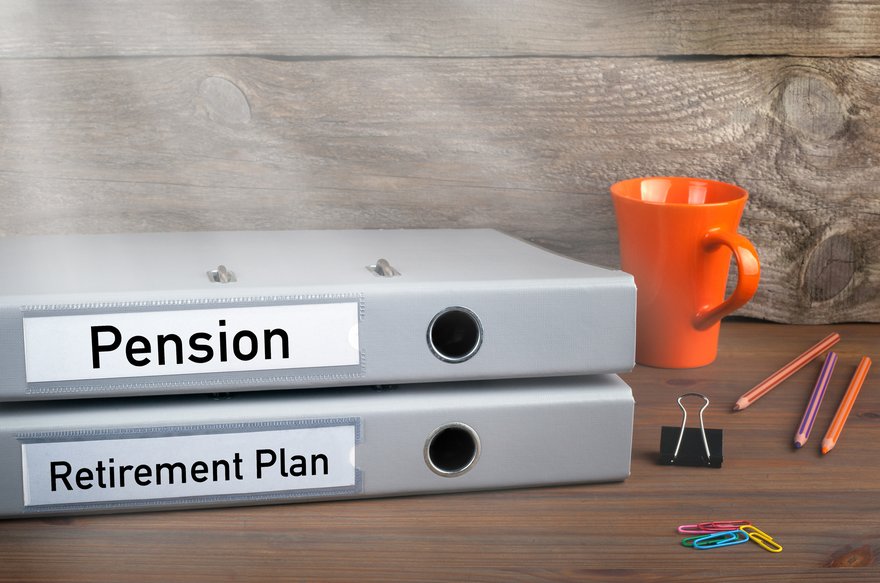
How does a pension work?
How does a pension work?
A pension is a retirement plan where the employer invests money for the benefit of workers and promises them a monthly payment in retirement. Usually, the amount is based on salary and years of service.
Many pension plans also have a vesting schedule, often ranging from five to seven years. If the employee leaves before they’re vested, they won’t receive a benefit and will only receive back any money they contributed. Pension plans often have additional eligibility rules, such as the Rule of 80 or Rule of 90, i.e., the worker’s age and years of service must add up to 80 or 90. For example, under the Rule of 90, a 60-year-old worker with 30 years of service could start receiving benefits.
Pensions are often referred to as defined-benefit plans because workers are promised a specific benefit. The employer bears the market risk. If the stock market declines, the employer may need to lower the assumed rate of return on investments. As a result, they may need to contribute additional money required to pay the benefits they promised.
Even if a company fails, its workers can still probably count on receiving the benefits they’ve been promised. Most private-sector employers must purchase insurance through a government agency called the Pension Benefit Guaranty Corporation (PBGC). If the company fails or can’t meet its obligations, the PBGC will step in and pay benefits to workers.
Why are pensions so rare today?
Why are pensions so rare today?
As of March 2021, only 15% of private-sector workers had access to a defined-benefit pension, according to a Congressional Research Service report. Pensions have been on the decline since the late 1980s and early 1990s.
Most employers now offer defined-contribution plans, like 401(k)s and 403(b)s, instead of pensions. In these plans, the employer specifies how much it’s willing to contribute through a company match. But the employee bears the risk. If the stock market tanks, the employee may have to work longer or increase their contributions so they can retire. Or they may need to have a tighter retirement budget than they planned for.
The reasons for the shift aren’t surprising: It’s both cheaper and less risky for a company to offer a 401(k) plan instead of a pension.
Advocates of 401(k)s argue that defined-contribution plans give workers more control over their investments. Unlike pensions, defined-contribution plans are portable, meaning you don’t lose your benefit if you change jobs. However, critics contend that the decline of defined-benefit pensions has been a key driver of retirement insecurity in the United States.
Example of a pension benefit
Example of a pension benefit
A typical pension formula looks like this:
Years of service * multiplier * final average salary = annual pension benefit
- Years of service: The number of years you worked for your employer.
- Multiplier: A percentage that typically ranges from 1.5% to 3% that’s used to calculate benefits.
- Final average salary: Often based on the average salary in the last three to five years of work. Many plans also have a vesting schedule.
Let’s say you work for your employer for 30 years. Your pension plan has a 2% multiplier, and your final average salary is $80,000. Using the above formula:
30 * 0.02 * $80,000 = $48,000 per year, or $4,000 per month
Your employer follows the Rule of 90. Since you’ve worked for your employer for 30 years, you’d need to be at least 60 to start collecting benefits.
Many employers will also offer workers a lump-sum payout option. But this is risky for you as a retiring worker. Remember: Pension benefits are guaranteed. But when you accept a lump sum, you’re responsible for managing and investing your money, along with determining how much to withdraw. You’ll bear the risk of a stock market decline.
While there’s no hard-and-fast rule about when to opt for a monthly benefit or a lump sum, one common guideline is the Rule of 6%: If the one year’s worth of benefits equals 6% or more of the lump sum offer, stick with the monthly defined benefit. Otherwise, you should consider the lump sum.
Using the previous example, suppose your employer gave you the option of a $725,000 lump sum instead of that monthly $4,000 benefit. Because $48,000 ($4,000 * 12) divided by $725,000 equals 6.6%, in this scenario, it would probably make sense to stick with the $4,000 defined benefit option.








